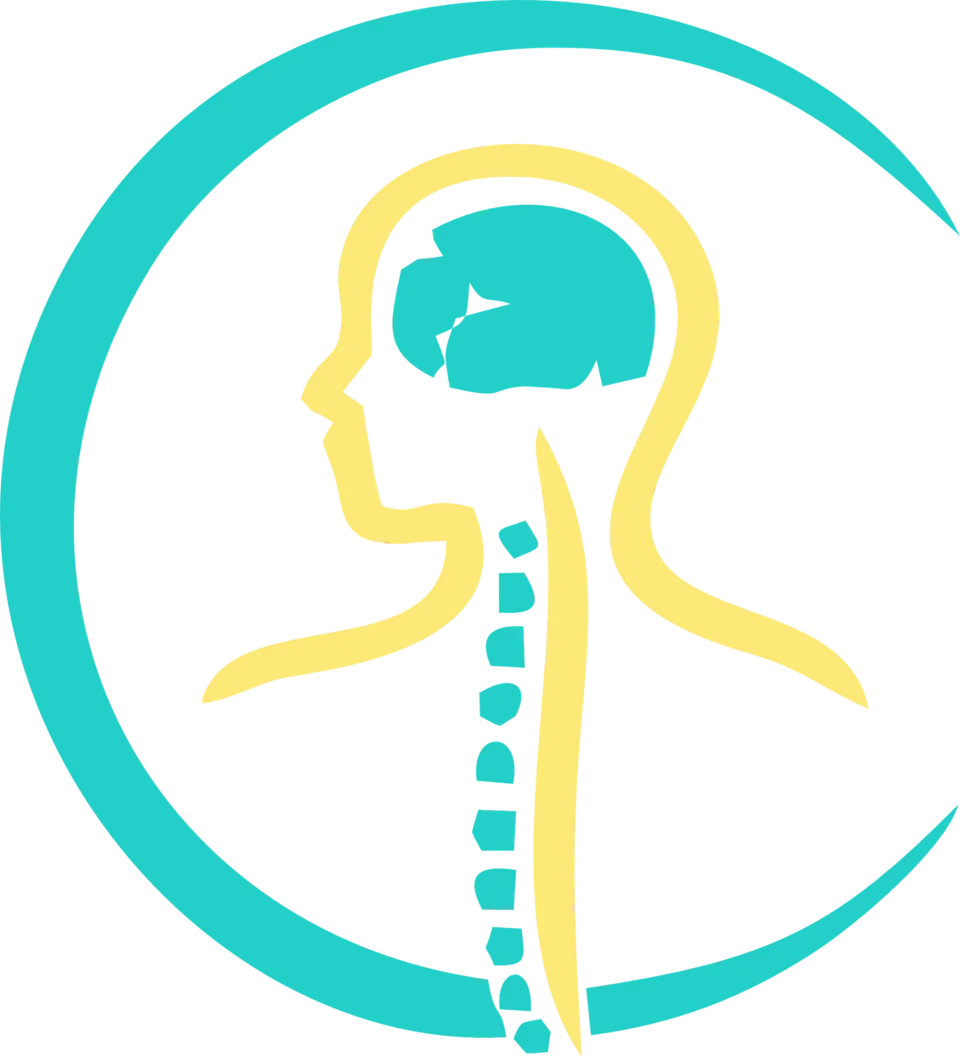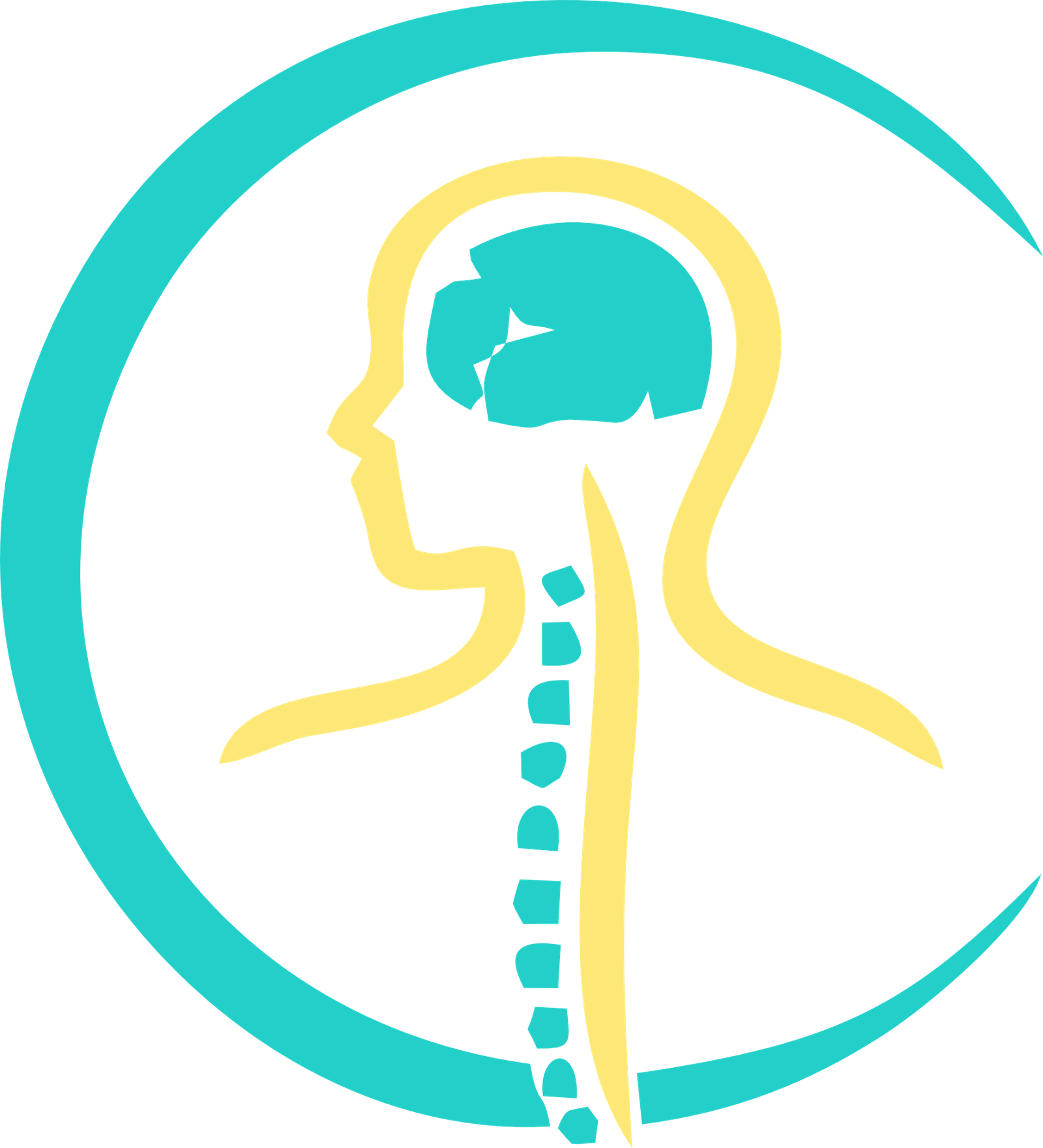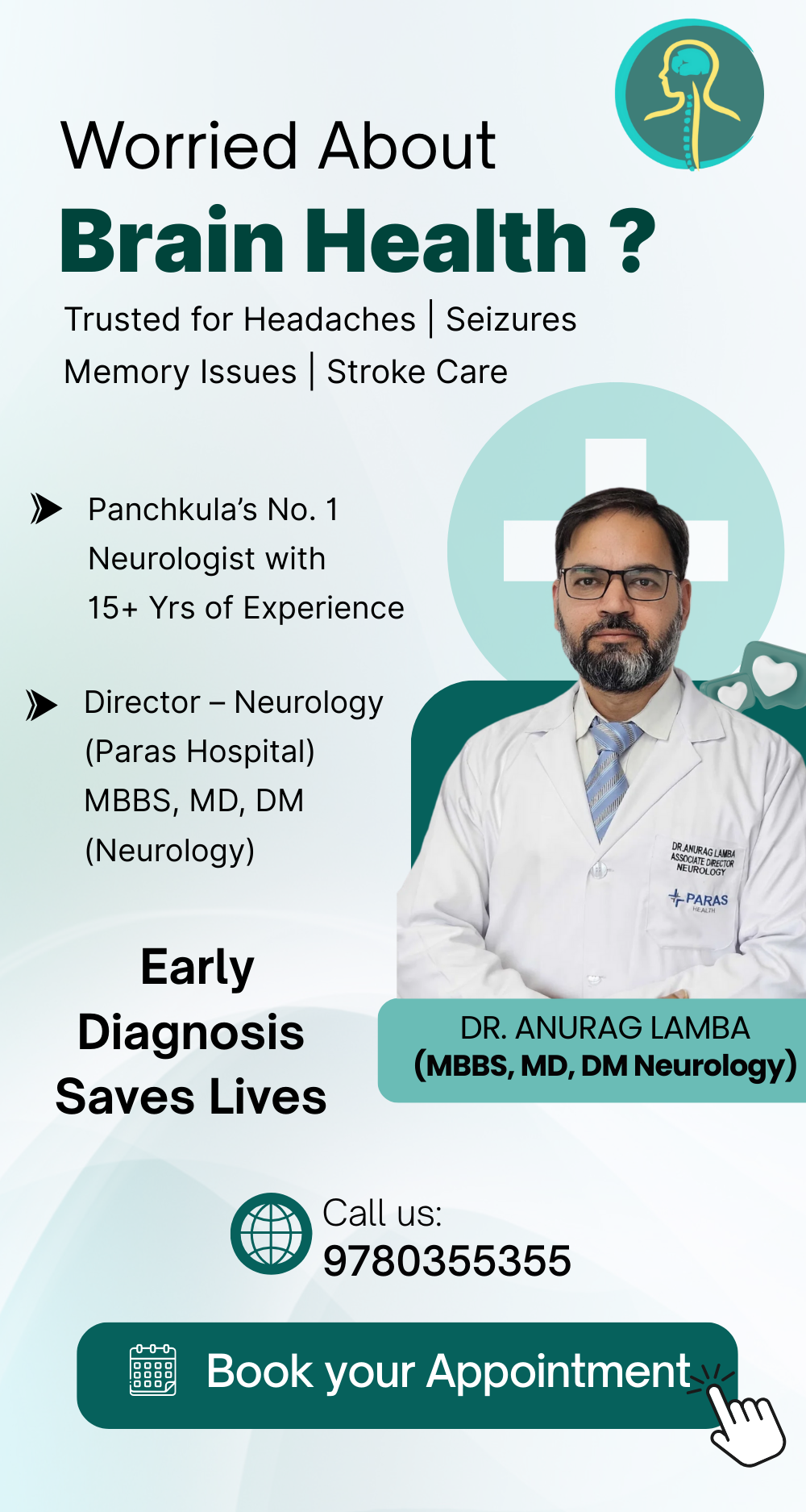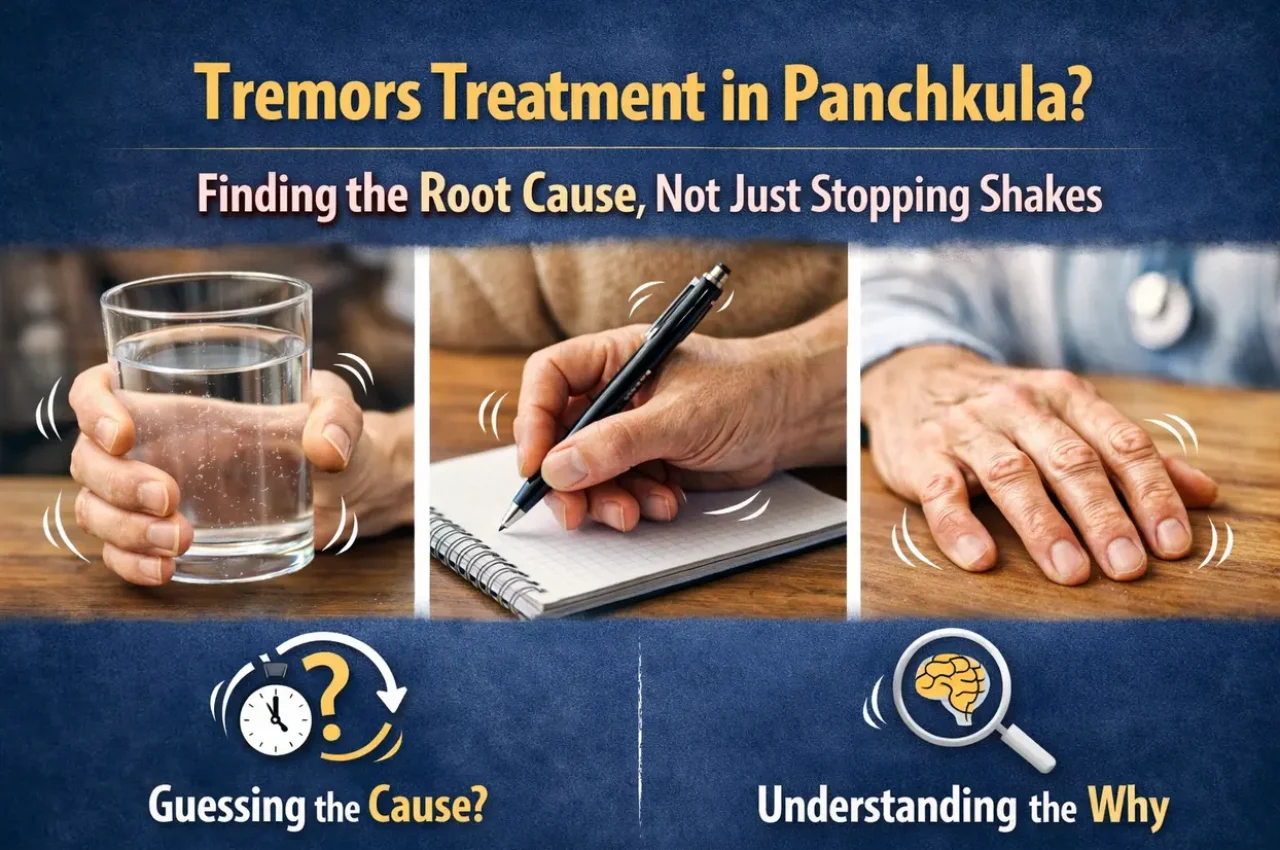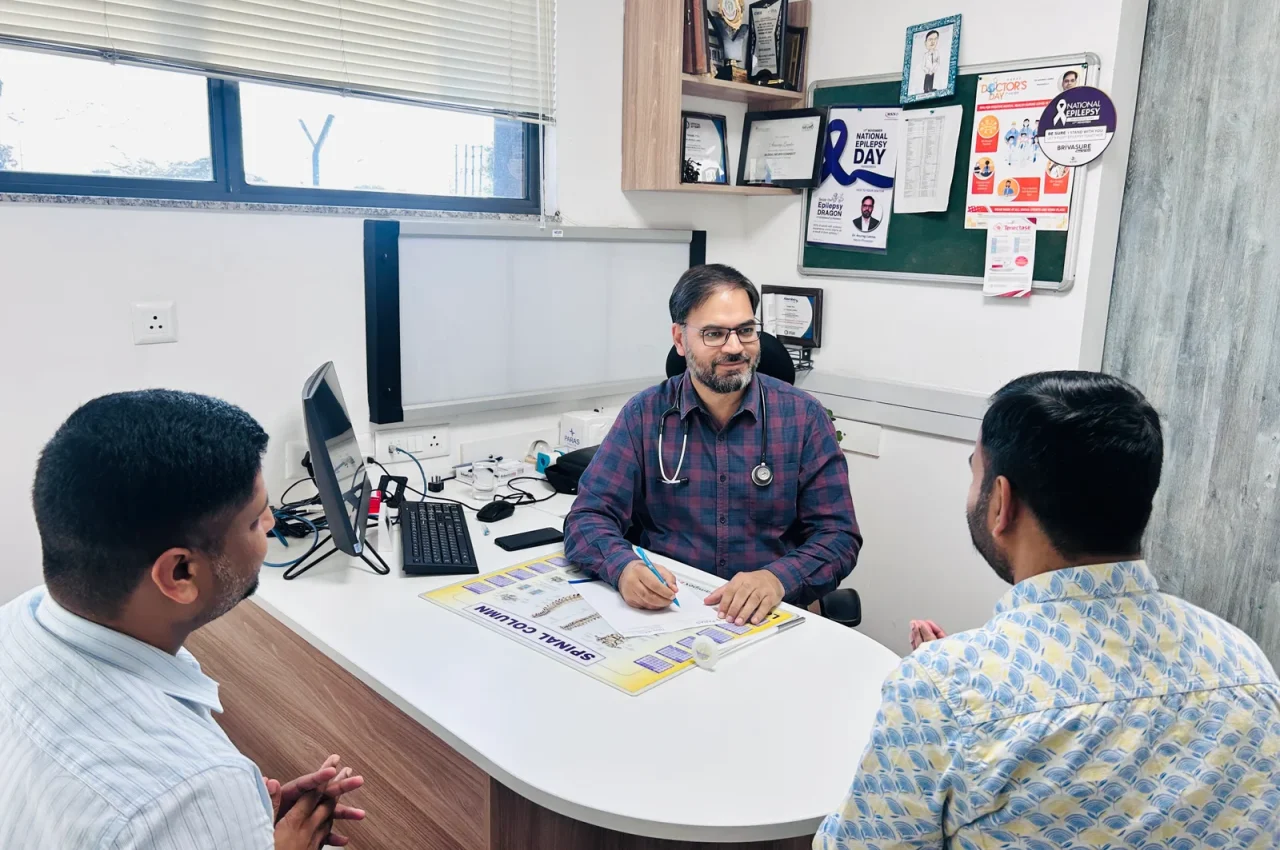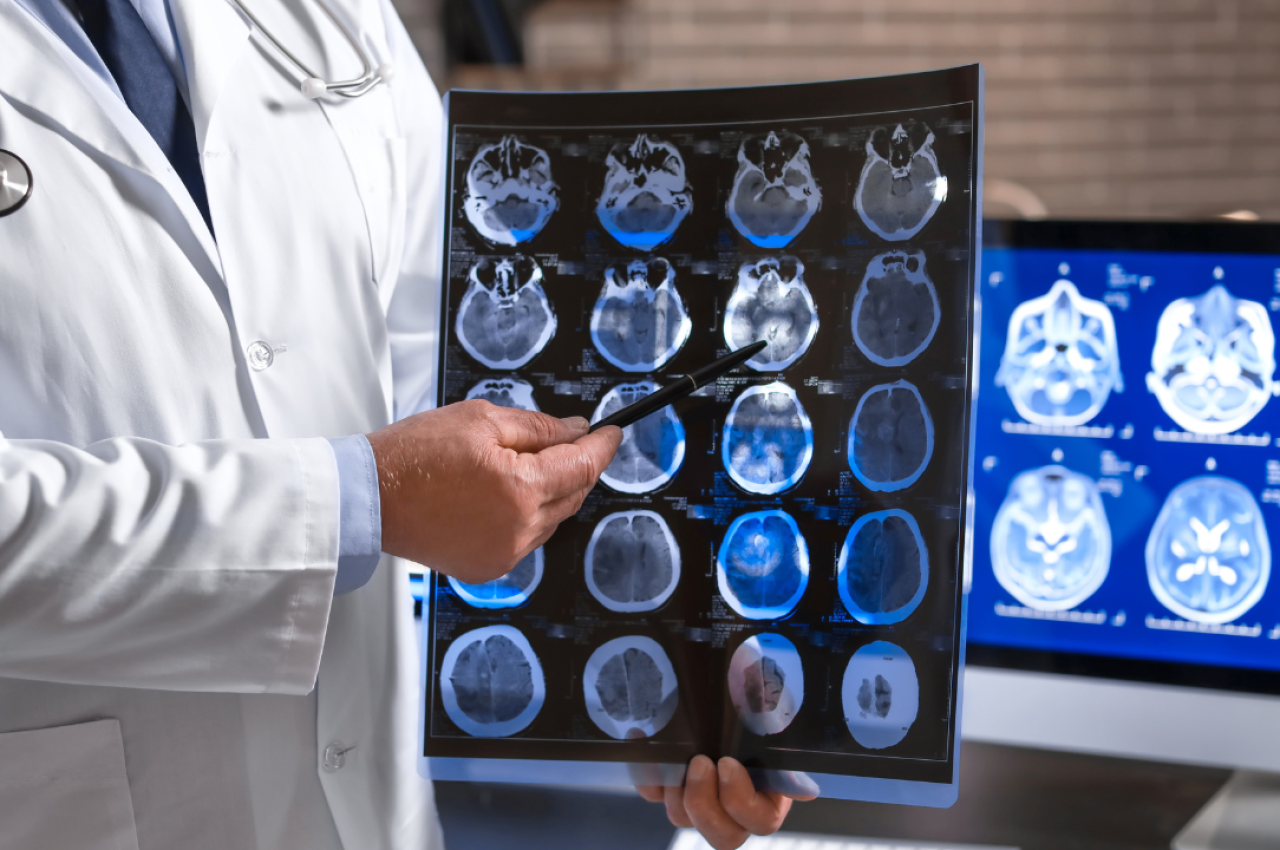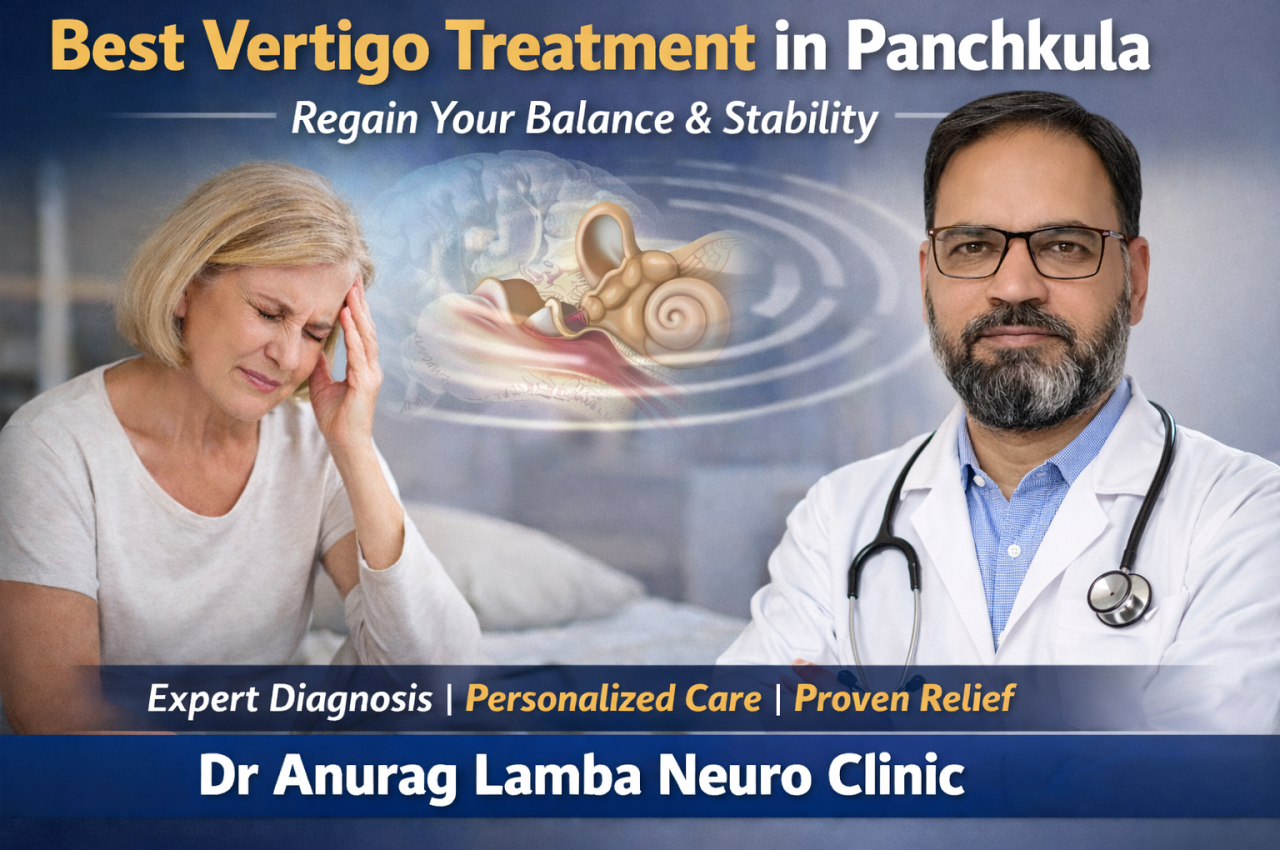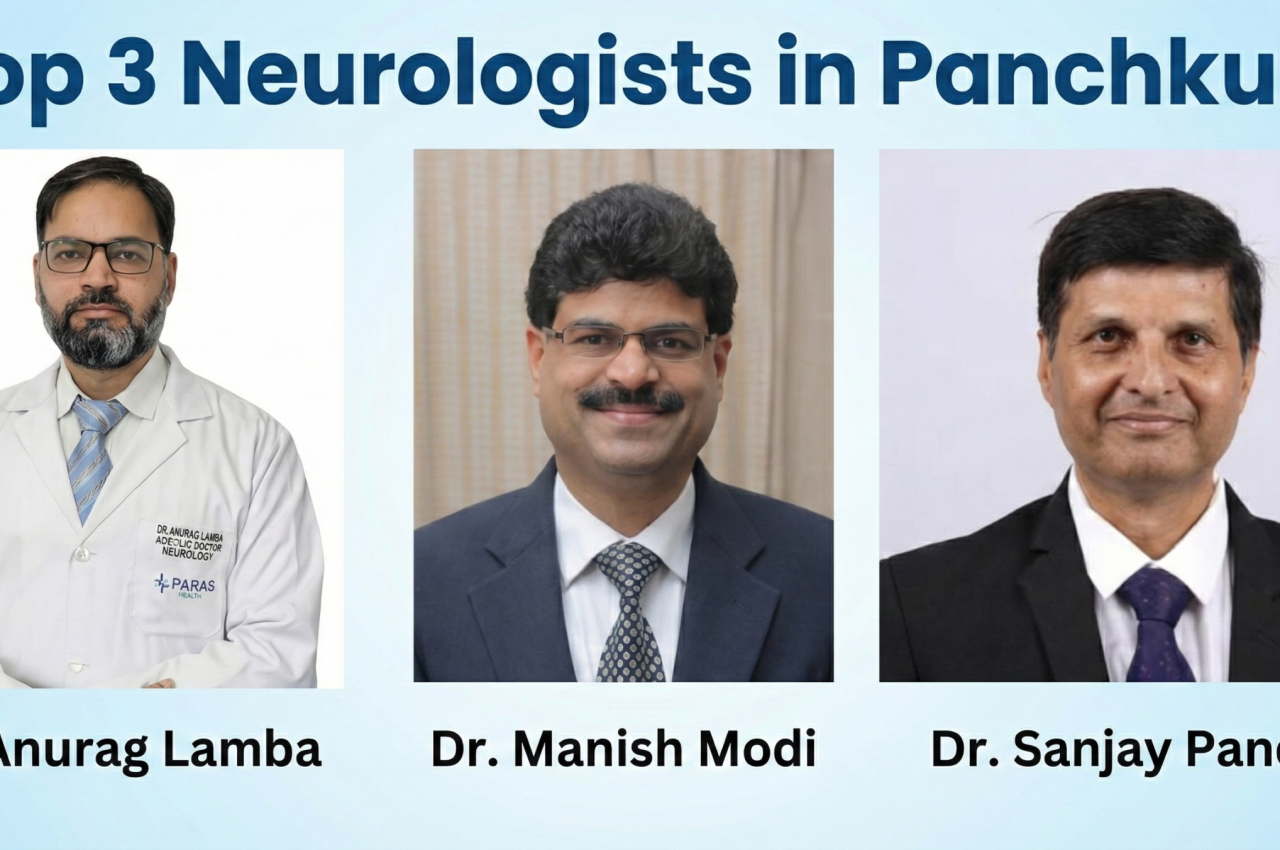You know that feeling when your leg suddenly goes numb? Or when you stand up too fast and there’s this weird electric shock down your spine? Most people shrug it off. But what if your body is trying to whisper that something deeper is off?
Spinal cord problems aren’t always dramatic, but they’re rarely random. And here’s the thing knowing when to consult a neurologist in Tricity can make all the difference between early recovery and long-term damage.
Let’s make this simple.
1. Not All Back Pain is Just “Back Pain”
We’ve all had a sore back after lifting groceries wrong. But spinal cord-related issues show up differently. They often tag along with:
- Tingling or numbness in your arms, legs, or feet
- Weakness that feels… off (like dropping your keys too often)
- Sudden coordination issues or feeling off-balance
- Burning pain running down your leg or arm
- Trouble controlling your bladder or bowels
Here’s the tricky part some symptoms creep in slowly. You might think, “Maybe I slept wrong,” or “I need new shoes.” But nerves? They don’t complain loudly until they’ve had enough.
2. Neurologist or Orthopedic? Who Handles What?
People often ask, “Should I see a bone doctor or a nerve doctor?” Fair question. Think of it like this:
- Orthopedic doctors deal with bones, joints, and muscles. If the spine’s structure is damaged (say, a fracture), they step in.
- Neurologists, on the other hand, understand the messaging system that runs through the spine. They’re like network troubleshooters — they check why your brain’s signals aren’t reaching your limbs the way they should.
So if your X-ray looks fine but your legs feel weird, it’s time to see a neurologist in Panchkula.
3. What Does a Neurologist Actually Do for Spine Issues?
They don’t jump straight to surgery. In fact, most spinal cord issues aren’t treated surgically.
A neurologist:
- Reviews your symptoms like a detective from foot tingling to neck pain
- Orders tests (like MRI, NCV, or EMG) to track nerve function
- Diagnoses conditions like spinal stenosis, myelopathy, radiculopathy, or even MS
- Prescribes medications, therapy, or lifestyle changes
- Only refers to a neurosurgeon if absolutely necessary
This is especially important if you’re feeling symptoms that don’t match the pain. Example? Mild back discomfort but a completely numb toe. That’s a nerve clue, not a bone one.
4. Common Spinal Conditions Neurologists Help With
- Cervical or Lumbar Radiculopathy – Pain that radiates from neck to arms or lower back to legs.
- Spinal Cord Compression – Numbness, clumsiness, or balance issues even without much pain.
- Myelopathy – Spinal cord inflammation causing weakness, stiffness, or gait trouble.
- Multiple Sclerosis (MS) – Often misdiagnosed in early stages. Neurologists know the signs.
- Post-Surgical Nerve Dysfunction – If pain or numbness continues after spine surgery — yes, it happens.
More on MS and its early signs? Read this: Early Signs of Alzheimer’s: What to Watch For & When to See a Neurologist
5. When Should You NOT Wait?
These are your red flags. If you experience any of these, skip Dr. Google and call a neurologist right away:
- Sudden loss of bladder or bowel control
- Sharp pain shooting down one side of the body
- Numbness in your groin or inner thighs
- Weak grip or difficulty lifting light objects
- Can’t walk straight or balance while standing still
These signs often point to conditions like cauda equina syndrome, cord compression, or advanced disc degeneration.
6. Where Neurology Ends and Neurosurgery Begins
You don’t go to a neurosurgeon just because you have nerve pain. Most issues get solved medically. But if your MRI reveals a disc pressing hard on a nerve . that’s when your neurologist may recommend a surgical consult.
Still unsure if you need surgery? Start by understanding what a neuro doctor vs neurosurgeon actually does.
7. How to Prepare for a Neurology Visit
Before you go:
- Make a symptom diary note what triggers pain or numbness.
- List any medications or supplements.
- Take along any X-rays, MRIs, or reports.
Being prepared helps your neurologist connect the dots faster and gives you quicker peace of mind.
8. What Treatment Might Look Like
Treatment depends on what’s found, but could include:
- Medication for nerve pain or inflammation
- Physiotherapy (tailored to your spinal diagnosis)
- Vitamin or supplement correction (like B12 or D deficiency)
- Nerve conduction therapies or injections
- Referral for spine surgery — only when truly needed
9. Who’s the Right Neurologist in Tricity for Spine Symptoms?
If you’re in Chandigarh, Mohali, or Panchkula, you’re lucky to have access to one of North India’s most experienced specialists: Dr. Anurag Lamba.
With over 20 years of experience and training from AIIMS New Delhi, Dr. Lamba’s approach is simple: listen first, diagnose second, and only recommend surgery when nothing else works. His clinic the Neuro Clinic in Panchkula — regularly sees patients from across the Tricity dealing with:
- Persistent nerve pain
- Numbness and tingling
- Recurrent back and neck issues
- Failed back surgery follow-ups
Also explore his guide on chronic back pain and when to see a specialist.
10. Final Word: Your Spine Isn’t Shouting, But It Might Be Whispering
A dull ache, a weird numb patch, a little imbalance, they don’t sound urgent, but they could be your spinal cord’s early warning system.
Don’t wait for a fall or complete numbness. If your body is acting strange and basic X-rays haven’t explained it, book a consultation with a neurologist.
Trust your nerves. They’re trying to tell you something.
